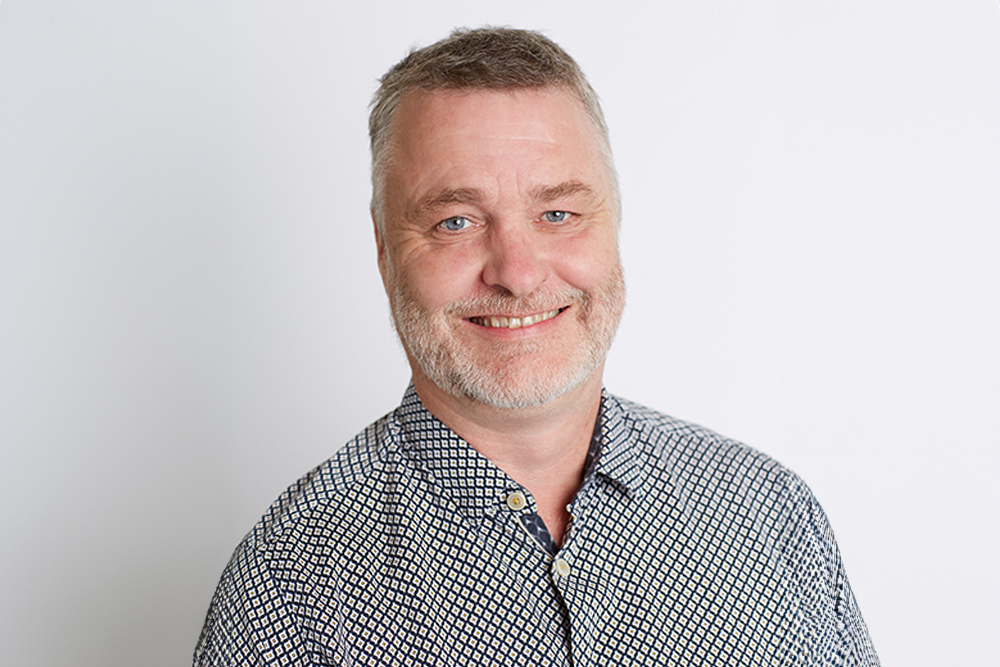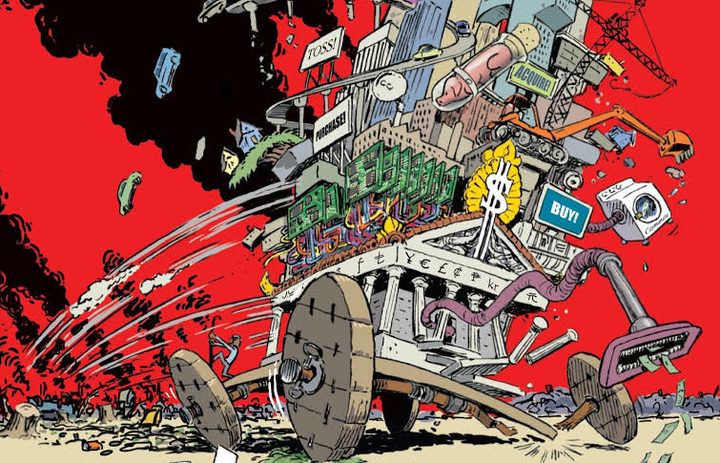
Episode 42
Hyper Capitalism with Professor Tim Kasser
In this episode Chris chats to Professor Tim Kasser about his book Hyper Capitalism
Podcast (podcasts): Play in new window | Download (Duration: 45:59 — 105.3MB) | Embed

In this episode Chris chats to Professor Tim Kasser about his book Hyper Capitalism. They explore the difference between buying and consuming, the negative effects that materialism has on our long term wellbeing and marketing in our consumer society. If spending money on materialistic values doesn’t make us happy, what we can do to increase our wellbeing? Join Chris, David and Producer Tommo as they answer listeners questions and the ever popular #tightasstommo money saving tips.
Welcomes & Introductions
What is this podcast all about? – The relationship between wellbeing and ‘stuff’
Listeners Questions – What is income drawdown?
Tight Ass Tommo
Many thanks to Simone Gnessen, Chris Tilly and Joe Bloom for their tips on spending habits, digital banking and ‘saving’ change in a jar
#Tip of the week – Money for old electrical products Mazuma Mobile
Who is Tim Kasser?
How Tim researches materialism and consumerism and its effects on wellbeing
Aligning values – the more people focus on materialistic values the more unhappy they are
Goals and wellbeing
What does intrinsic and extrinsic mean?
Extrinsic values. External and materialistic – money, image, status. The focus is on external reward or praise from others
Intrinsic values. Internal and essential – personal growth, connection to loved ones, physical health, community feeling. They are satisfying to pursue and meet psychological needs
Using money to increase intrinsic wellbeing
Financial behaviour
Marketing in our consumer society – what effect does advertising have on our wellbeing?
‘don’t use money to solve a problem that does not need money to solve it’
Children and advertising
Materialistic values and a destructive attitude to the environment
What do people care about vs the behaviour they display
The difference between buying and consuming – consuming is often mindless, buying in contrast has the potential to be mindful
What can we do differently to beat hyper-capitalism and increase wellbeing?
Timebanks – using time instead of money for exchange of services
Do you have any financial wellbeing questions you would like us to answer? Do you have a #tightasstommo money saving tip you would like to share with our listeners?
If so, let us know and they could feature on a future episode. Contact us via Twitter @Finwellbeing or email – contact@financialwell-being.co.uk
If you would like to purchase a copy of The Financial Wellbeing Book please click on this link to visit Penny Brohn UK shop
Podcast (podcasts): Play in new window | Download (Duration: 45:59 — 105.3MB) | Embed
Do you have any financial wellbeing questions you would like us to answer? Or do you have a #tightasstommo money saving tip you would like to share with our listeners?
If so, let us know by going to Twitter @Finwellbeing or email – contact@financialwell-being.co.uk
If you would like to purchase a copy of The Financial Wellbeing Book please click on this link to visit Penny Brohn UK shop








